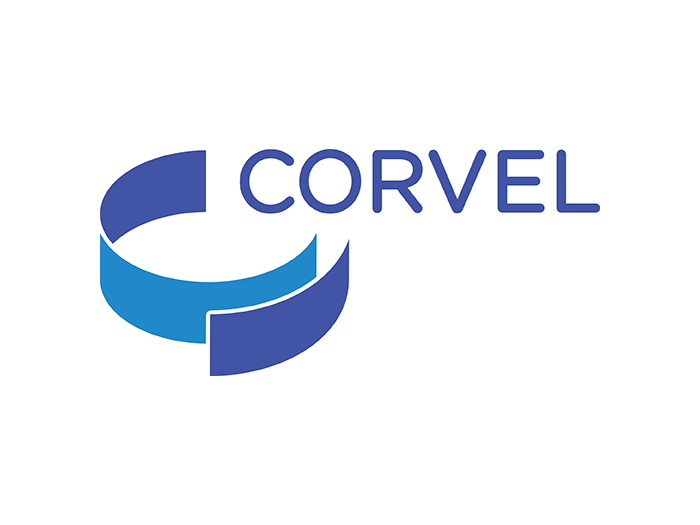The State of the States
Regulatory Review

Colorado
Workers’ compensation premium surcharges.
The Division of Workers’ Compensation amended a rule regarding the workers’ compensation premium surcharges. For the annual period beginning July 1, the workers’ compensation cash fund premium surcharge rate is 0.5 percent of the amount of all premiums written, including any policy expense constants, membership fees, finance and service, or other administrative fees charged to the policyholder in connection with the issuance or renewal of a policy, as reported to the Division of Insurance.
For the purpose of funding the direct and indirect costs of the premium cost containment program of the division, there is an additional surcharge of 0.3 percent. This surcharge is not imposed on self-insured employers. For the purposes of funding the financial liabilities of the subsequent injury fund and the major medical fund, the tax is assessed at 0.1 percent of the amount of premiums written.
For more information, visit www.colorado.gov/pacific/sites/default/files/Rule_2-5.pdf
Florida
Workers’ compensation administration trust fund.
The Department of Financial Services set the assessment rate for the workers’ compensation administration trust fund for the 2016 calendar year. Beginning Jan. 1, 2016, the assessment rate will be reduced from 1.5 percent to 1.43 percent. Those with questions should contact the assessments coordinator for the Division of Workers’ Compensation at (850) 413-1644.
For more information, visit www.myfloridacfo.com/Division/WC/pdf/DFS-02-2015.pdf
Special disability trust fund.
The Department of Financial Services set the assessment rate for the special disability trust fund for the 2016 calendar year. Beginning Jan. 1, 2016, the assessment rate will be reduced from 1.17 percent to 1.16 percent. Those with questions should contact the assessments coordinator for the Division of Workers’ Compensation at (850) 413-1644.
For more information, visit www.myfloridacfo.com/Division/WC/pdf/DFS-01-2015.pdf
Idaho
Hospital outpatient payments.
The Industrial Commission adopted a temporary rule that delays the implementation of the 2015 Centers for Medicare and Medicaid Services outpatient prospective payment system ambulatory payment classification relative weights that became effective Jan. 1. The effective date of the temporary rule is July 1.
The temporary rule will remain in effect through July 1, 2016, at which time the temporary rule will expire and be replaced by a final rule unless the temporary rule is otherwise affected by an operation of law. By extending the use of the 2014 outpatient prospective payment system ambulatory payment classification relative weights, payments will remain stable while the rule is revised to better align with CMS’ goal of packaging a broader range of hospital outpatient services into a single payment.
For more information, visit adminrules.idaho.gov/bulletin/2015/07.pdf#page=61
Kentucky
Adjustment of claims.
The Department of Workers’ Claims repealed rules regarding the procedure for adjustment of coal workers’ pneumoconiosis claims and the procedure for the adjustment of claims. The process for coal workers’ claims was ruled unconstitutional and the procedures for injury and all other claims will convert to an electronic litigation management system. A public hearing was scheduled on July 28 and written comments were accepted until July 31.
For more information, visit www.labor.ky.gov/workersclaims/Whats%20New%20Homepage/013reg.pdf
Massachusetts
Assessment rates.
The Workers’ Compensation Rating and Inspection Bureau issued a circular letter announcing that the Department of Industrial Accidents set the assessment rates to be applied to policies effective July 1.
The assessment rate for private employers is 5.75 percent. The self-insured assessment rate is 5.31 percent. The assessment rate for self-insured private employers that opted out of trust fund assessments is 1.66 percent. Those with questions should contact [email protected].
For a copy of the circular letter, visit www.mass.gov/lwd/workers-compensation/wc-pubs/wc-announcements/wcribma-cl-2061.pdf
Missouri
Average weekly wage.
The Division of Workers’ Compensation issued a memorandum regarding the state average weekly wage and maximums. The state average weekly wage for the fiscal year beginning July 1 is $844.69. The maximum weekly benefit rate for injury and illness occurring on or after July 1 is $886.92 for temporary total disability, $886.92 for permanent total disability, $464.58 for permanent partial disability, and $886.92 for death. The actual weekly wage rate necessary to attain the maximum benefit rate is $1,330 for death, TTD, and PTD and $696.87 for PPD. The division also said that as of July 1 the mileage allowance for travel expenses is 54.5 cents per mile.
For a copy of the memorandum, visit www.labor.mo.gov/sites/default/files/2015SAWWM.pdf
New Hampshire
Attorney’s fees.
The Department of Labor proposed amendments to a rule regarding attorney’s fees. The rule explains the details of an award of attorney’s fees to prevailing claimants at both the hearing level and the appeal level.
It allows the worker to receive reasonable attorney’s fees if the employer appeals the hearing officer decision and withdraws before the appeal hearing. The current rule was set to expire on July 1 but was subject to an extension. A public hearing was scheduled on July 24, and comments were accepted until July 31.
For more information, visit www.gencourt.state.nh.us/rules/register/2015/July-2-15.pdf
Rhode Island
Assessment rate.
The Department of Labor and Training, Division of Workers’ Compensation proposed to reduce the workers’ compensation assessment rate to 6.5 percent. The division accepted comments until July 14.
For more information, visit www.dlt.ri.gov/wc/InfoLetters/2015-06.pdf










